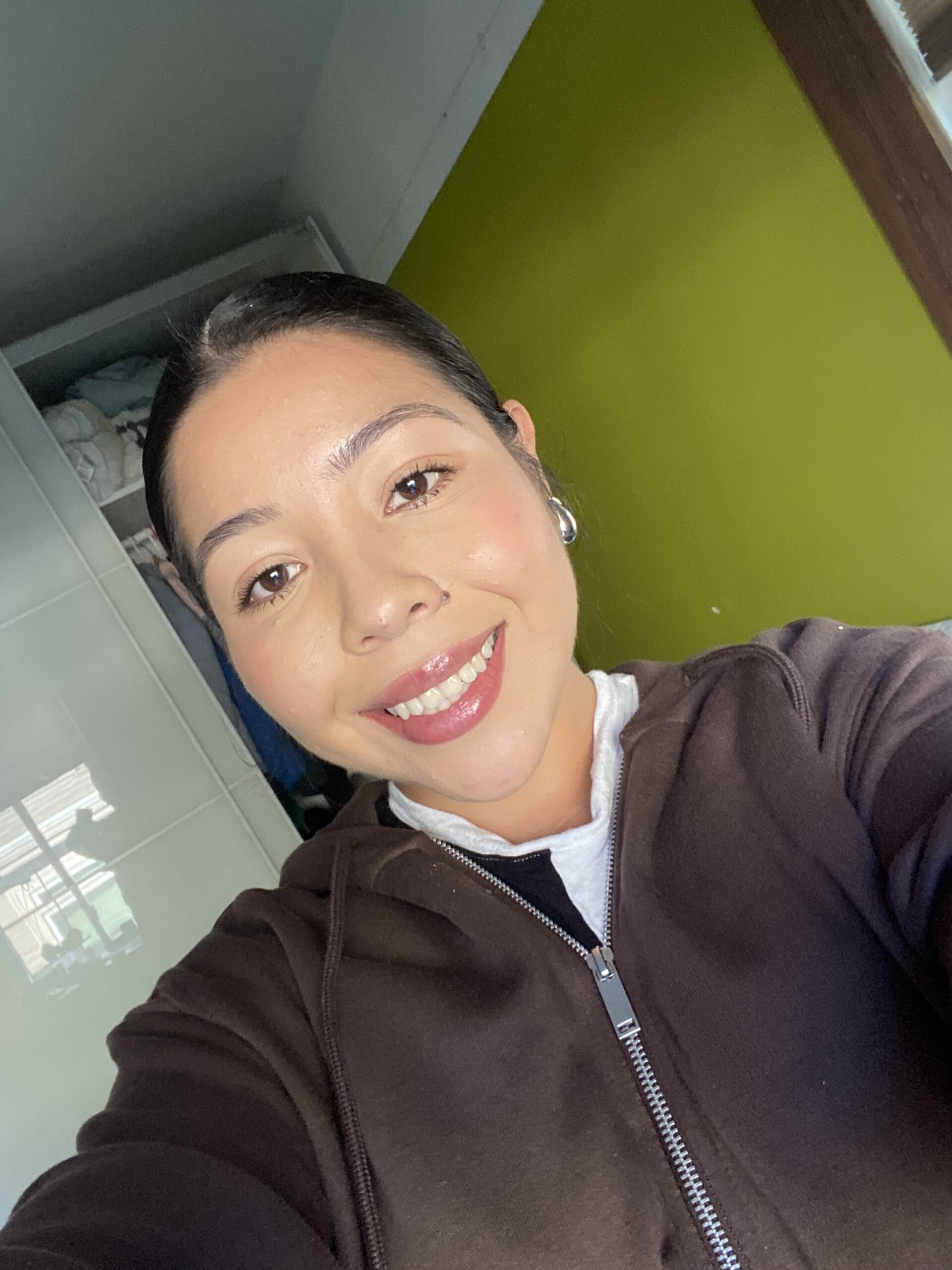Category: Housing, Justice, Listening Sessions, Personal Stories, Poverty News & Policy Updates, The Safety Net, Wealth Building, Work
April 18th, 2025

As an immigrant and former foster youth, the new year and new president make me feel a sense of trepidation. Moreover, as a resident of California, I am feeling life’s frailty with the current devastation wrought by the fires.
But, in our state, there is also a new program–called HOPE Accounts–that will establish trust accounts for foster youth and children who lost a parent to COVID. It reminds me we can still do great things in the Golden State.
I came to this country from El Salvador when I was 11 years old after my cousin was shot in front of his house. Things hadn’t been good before then–gang shootings were prevalent in my neighborhood and so we couldn’t play outside. But with my cousin’s murder, my parents decided I should join my father in the San Francisco Bay Area in search of a better, safer life. I didn’t really know him–he’d left when I was 6 months old–but it seemed the only rational choice.
When I got here things didn’t go well. I didn’t speak the language so I had no friends or support network. He wanted me to go to church three days a week, which just wasn’t me. And I really missed my mother and grandmother who raised me. But the worst was an occasion of abuse. When I told someone at school about it in confidence, my father was arrested in front of me and I was removed from his home and placed in foster care.
I fell into a depression. The language barrier was so difficult–with my new foster family, with trying to understand the rules and customs of the country, with always feeling like an outsider. I got involved with drugs and alcohol, and when an El Salvadorean lady who had befriended me and was considering adoption learned that my foster family had caught me drinking, she no longer wanted anything to do with me.
I was lucky that my second foster placement when I was 14 was with a couple who are now in the process of adopting me. Six years later, I consider them my parents and they treat me like a daughter. But we had to work at it—we went to family therapy for years. They had never had kids before and initially we didn’t communicate well. Also, I needed to get clean.
This summer they came to El Salvador with me and met my mother, who I still talk to on most days. It was one of the most beautiful moments in my life. They hugged, and my mother thanked them for taking care of me and giving me such a great experience after my hardship with my father. We went to a lake together, along with my cousins and extended family, and ate amazing, fresh seafood. After 20 years, the people and parts of my life who made me who I am finally came together, and it gave me a sense of peace.
I am hardly alone when it comes to foster youths experiencing incredibly hard times. I also know that not every foster youth is so fortunate to find a permanent, supportive family like I did much less benefit from any generational wealth. It doesn’t surprise me, for example, that nearly one-fifth of adults in prison in the U.S. were in the foster system and 70 percent of youth who age out of foster care are arrested by age 26; or that foster youth are three times more likely to be homeless than other children.
That’s why I am involved with a group of young people who are helping California design and implement HOPE Accounts–the largest “baby bond” program in the country. Based on legislation originally authored by former Sen. Nancy Skinner, the money was allocated in the 2025-26 budget. Enrollment will start this year and accounts will be seeded in 2026. Through HOPE, approximately 56,000 foster youth and children who lost a parent to COVID will receive access to an individual trust account with an estimated $4,500 dollars at age 18, and the money will remain available until age 26. They can use their accounts towards their education, a business, a home, or some other wealth-generating endeavor. They will also have the opportunity to engage in financial literacy training–something me and my peers feel is important.
In June, I will graduate from Berkeley City College and pursue a career in radiology. Although I am not eligible for HOPE trust accounts because I am too old, I am thankful that other young people whose circumstances are similar to mine will benefit from this unique state program. With this kind of creativity and leadership, I believe the work to ensure that everyone in the Golden State has a fair shot at the American Dream will continue in 2025.
Marta DelSur is a student at Berkeley City College pursuing a career in radiology.
For more information about the HOPE program email HopeForChildren@treasurer.ca.gov
This article originally appeared in The Sacramento Bee.